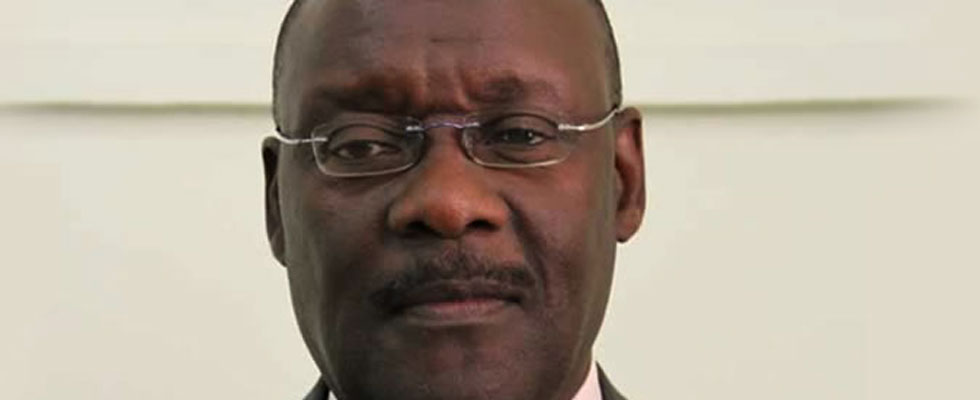
GOVERNMENT has no capacity to conduct tests to detect the deadly Ebola disease with officials in the Health and Child Care ministry saying specimens from suspected cases would be referred to South African laboratories for verification.
FELUNA NLEYA/NQOBANI NDLOVU
Health ministry officials told NewsDay yesterday that all suspected cases would be managed as Ebola patients and kept in isolation units until the specimen results have been received from South Africa.
On Wednesday, Health and Child Care minister David Parirenyatwa told journalists that the World Health Organisation (WHO) had already organised a courier service which would take any suspected Ebola case specimen to South Africa as it needed proper handling.
“We would like to thank our partners for supporting us, WHO, they have already arranged for courier services just in case we need to carry the specimens from here to South Africa,” Parirenyatwa said.
“There is a specific way you need to courier the specimen to avoid spread of infection.”
Health and Child Care ministry director of epidemiology and disease control Portia Manangazira added that Zimbabwe had no biosafety levels hence the need to refer the specimens to South Africa.
“Our laboratories have no capacity to test for Ebola and when we have a suspected case, we will take the specimen and send it to South Africa,” Manangazira said.
- Chamisa under fire over US$120K donation
- Mavhunga puts DeMbare into Chibuku quarterfinals
- Pension funds bet on Cabora Bassa oilfields
- Councils defy govt fire tender directive
Keep Reading
“We will make sure that they are packaged well with what we call triple packaging in which they will be put in three containers so that it doesn’t affect people handling the package.”
Manangazira said, while waiting for the results, they would manage the patient just like they manage patients with Ebola and keep them in isolation.
“We will do barrier nursing. It takes time, but any suspected case if it comes we will manage it as Ebola,” Manangazira said.
Barrier nursing is a method of nursing care that involves tending infectious patients in isolation, to prevent the spread of infection.
A biosafety level is a level of the bio containment precautions required to isolate dangerous biological agents in an enclosed facility. The levels of containment range from the lowest biosafety level 1 (BSL-1) to the highest at level 4 (BSL-4).
Ebola has claimed over 1 700 lives in West Africa, mostly in Guinea, Liberia, Nigeria and Sierra Leone. Southern African countries have also increased their surveillance programmes following reports that the Democratic Republic of Congo had recorded an Ebola case.
The Ebola virus, which has no cure yet, is spread between humans through direct contact with infected bodily fluids.
Some of its symptoms include fever, intense weakness, muscle pain, headache and sore throat followed by vomiting, diarrhoea, rash, impaired kidney and liver function, and in some cases, both internal and external bleeding.
WHO said the deadly Ebola outbreak in West Africa could infect more than 20 000 people before it is brought under control.
The United Nations agency said the number of cases could already be four times higher than the 3 000 currently registered.
Meanwhile, Zimbabwean medical doctor Lincoln Charimari, who was part of medical professionals dispatched by WHO to control the epidemic in Sierra Leone, has returned home and was being closely monitored although he was certified free of the disease.
Charimari, who heads WHO’s disease prevention and control unit in Zimbabwe, spent three weeks in the West African country.
Parirenyatwa said Charimari was subjected to tests upon his return to Zimbabwe and was certified free.
“Let me also clarify that we have our own personnel who are on UN duty and if they are on UN duty, the UN through its health agency, WHO, always advises appropriately when it is very unsafe for people to stay in a particular country,” he said.











